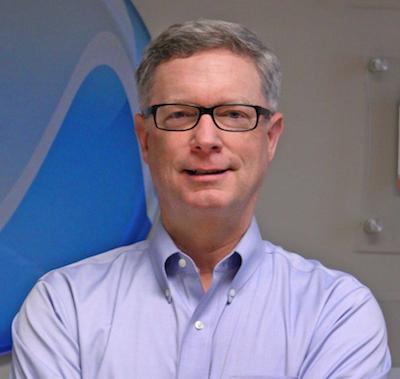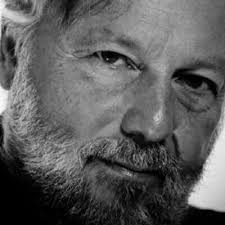New Orleans
See the following -
Creating EHRs that Doctors Don't Hate
 It may be difficult to recall now, what with the ongoing Cerner deployment and recent challenges that had little to do with technology, but there was a time when the Department of Veterans Affairs was considered the gold standard for healthcare IT. VA was out front with the initial development in the 1970s of the VistA system, which would come to be widely recognized and frequently honored. Indeed, when VA was overhauled in the 1990s, VistA was the primary tool that enabled the success of new policies. Without question, much of the effectiveness and durability of VA's VistA can be attributed to the way it was developed, specifically to the collaboration between technologists and clinicians that defined the process.
It may be difficult to recall now, what with the ongoing Cerner deployment and recent challenges that had little to do with technology, but there was a time when the Department of Veterans Affairs was considered the gold standard for healthcare IT. VA was out front with the initial development in the 1970s of the VistA system, which would come to be widely recognized and frequently honored. Indeed, when VA was overhauled in the 1990s, VistA was the primary tool that enabled the success of new policies. Without question, much of the effectiveness and durability of VA's VistA can be attributed to the way it was developed, specifically to the collaboration between technologists and clinicians that defined the process.
- Login to post comments
DeSalvo Delivers First Remarks To Health IT Policy Committee
[...] During the first meeting of the HIT Policy Committee and her second day of office, [Karen] DeSalvo delivered her first remarks which consisted mostly of an overview of her background with a particular focus on her most recent experiences as the City Health Commissioner of New Orleans. Read More »
- Login to post comments
How A Low-Income San Francisco Neighborhood Is Building A Culture Of Disaster Preparedness
...During the last big quake to rattle the San Francisco Bay area in 1989, Hodge was the manager of a local Kmart store across the bay in the town of Fremont. He made sure that his store was one of the first in the area to re-open after the quake, distributing much-needed supplies to the community...
- Login to post comments
ONC Chief's Early Years Inform Her Work
Karen DeSalvo, MD, has stepped into the role of national coordinator for healthcare information technology at a time when American healthcare is in a state of unprecedented change. Read More »
- Login to post comments
What Can You do with Open Data?
 Play a word association game and the word "open" will almost surely be followed by "source." And open source is certainly an important force for preserving user freedoms and access to computing. However, code isn't the only form of openness that's important. Open data has been discussed for at least a decade. At the OSCON conference in 2007, Tim O'Reilly kicked off a bit of a ruckus when he suggested that open data might actually be more important than open code. Open data in this context mostly referred to the ability to export the user-created "Web 2.0" data, which was becoming important at that time. Tim Bray, then at Sun Microsystems, highlighted the issue when he wrote...
Play a word association game and the word "open" will almost surely be followed by "source." And open source is certainly an important force for preserving user freedoms and access to computing. However, code isn't the only form of openness that's important. Open data has been discussed for at least a decade. At the OSCON conference in 2007, Tim O'Reilly kicked off a bit of a ruckus when he suggested that open data might actually be more important than open code. Open data in this context mostly referred to the ability to export the user-created "Web 2.0" data, which was becoming important at that time. Tim Bray, then at Sun Microsystems, highlighted the issue when he wrote...
- Login to post comments